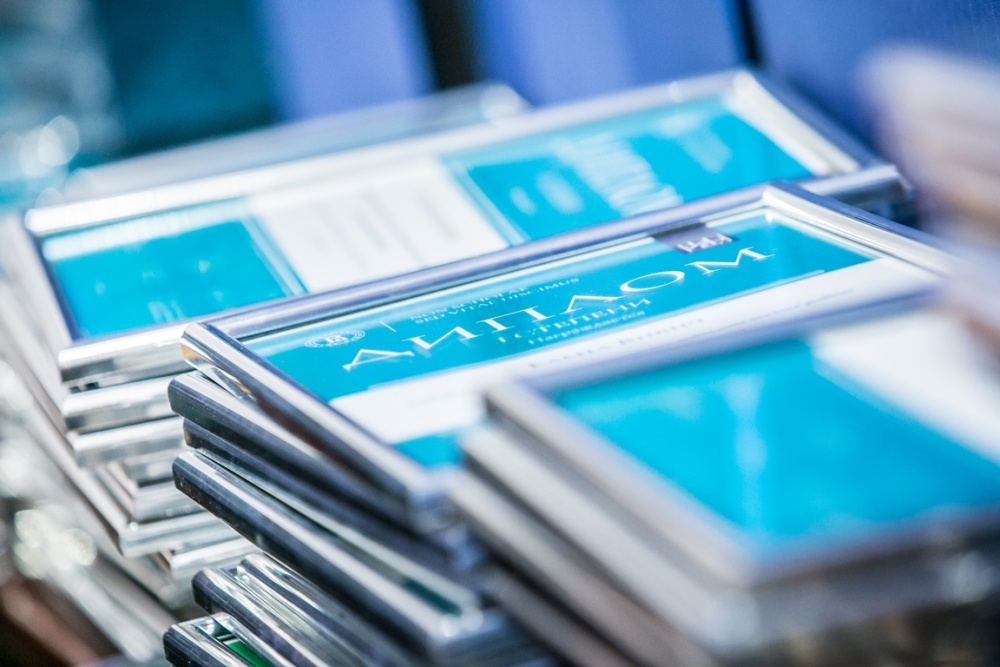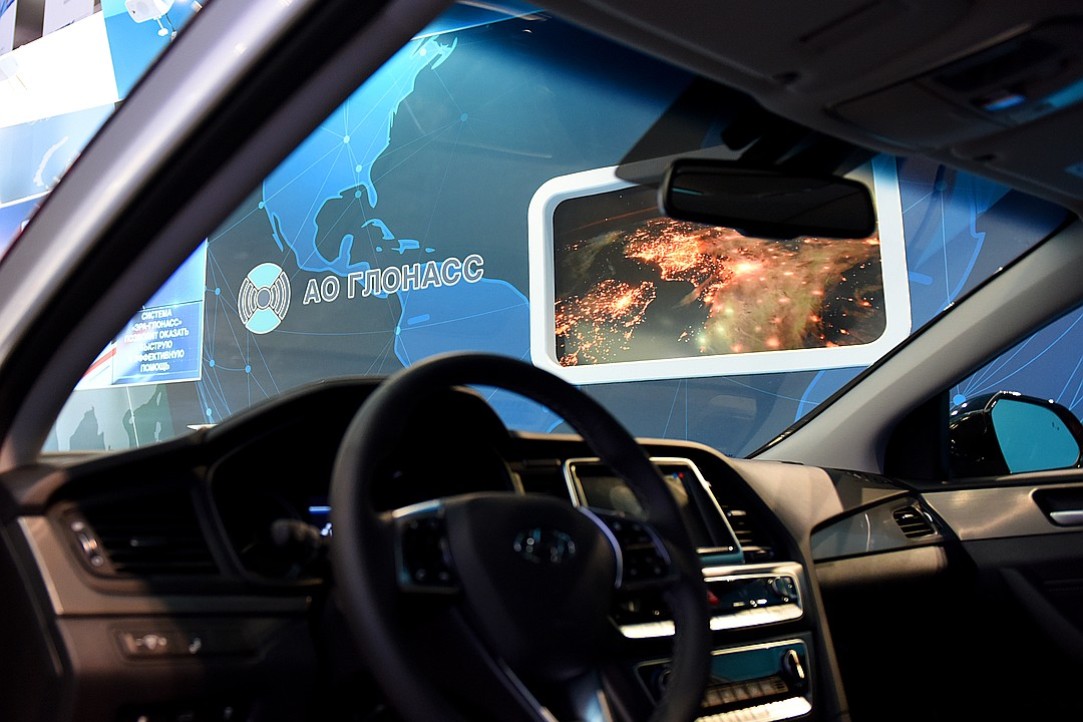HSE’s Institute of Education Collaborates with Global School Laboratory
The Institute of Education at HSE has signed an agreement outlining collaboration with the online platform, GlobalLab - a community of teachers and students who work on joint research projects over the Internet.
BRICS Antimonopoly Centre Opens at HSE
This summer, the HSE-Skolkovo Institute for Law and Development opened a new division - the BRICS Antimonopoly Centre. It will engage in applied research and expert analysis aimed at improving competition policies and strengthening antitrust regulation in the BRICS economies. The Centre will also coordinate the activities of the BRICS member states’ competition authorities and scientific communities.
Psycholinguists Build Eye-tracking Database on Reading in Russian
Researchers from the Higher School of Economics, St. Petersburg State University, and the University of Potsdam have created the first ever database comprised of eye-tracking data collected during reading in Russian. The results are openly available and can be used not only in linguistics, but also in the diagnosis and correction of speech disorders, for example. The research was published in the journal Behavior Research Methods.
HSE Hosts Consortium of Higher Education Researchers Conference for the First Time
145 researchers from 30 countries discussed how higher education systems work on global and national levels, and how they are influenced by the processes of differentiation and integration.

HSE Accepting Works by Students from All Universities for Research Competition
The Higher School of Economics has begun accepting works for its annual Student Research Paper Competition. Applications are due October 15 and can be submitted on the competition’s website.

Control Groups: Teenagers’ Knowledge Can Be Predicted Based on Their Social Media Interests
High school students’ membership in certain social media groups can be used to predict their academic performance, as demonstrated by Ivan Smirnov in his research. The analysis of school students’ membership in groups and communities was used to detect low-performing and high-performing students.
Researchers Determine Space Weather near Earth’s Closest Exoplanet
Researchers from the Higher School of Economics and Space Research Institute (Russia) have calculated the main parameters that determine space weather close to the nearest Earth-like exoplanet, Proxima Centauri b. Such parameters include solar wind, as well as galactic and solar cosmic rays. The results of the research were published in Astronomy Letters.
Window into the Brain: HSE Researchers Are Developing a New Generation of MEG Devices
In collaboration with scientists from the Ioffe Institute, HSE researchers have developed an ultra-sensitive atomic magnetometric scheme with a sensitivity of 5 fTl×Hz-1/2, setting a performance record for sensors operating in the Earth's magnetic field. The scheme will be used to design a multichannel atomic magnetoencephalograph, expected to be the most accurate and compact device available today for non-invasive measurement of the brain's electrical activity.

HSE and JSC Glonass Sign Cooperation Agreement
JSC Glonass and the HSE Tikhonov Moscow Institute of Electronics and Mathematics (MIEM HSE) have signed an agreement to work together in the field of satellite navigation technology in order to create services that foster the socioeconomic development of Russia and its regions.
Thin Films Can Enhance Vorticity in the Ocean
Scientists from the Higher School of Economics and the Landau Institute for Theoretical Physics of Russian Academy of Sciences have investigated how vortex flows penetrate the interior of a liquid. The authors of the article have shown that specific (thin liquid and insoluble) films on the surface of water enhance eddy currents. These currents are produced by the interacting surface waves directed at an angle to each other.


Deadline for applications to present academic reports - January 20, 2025